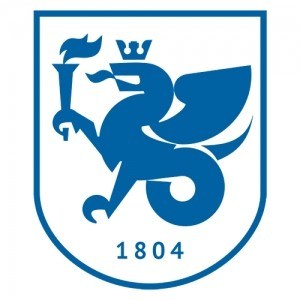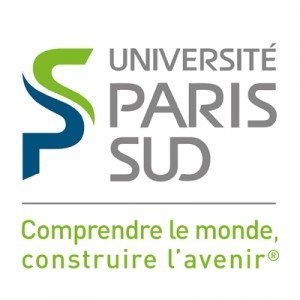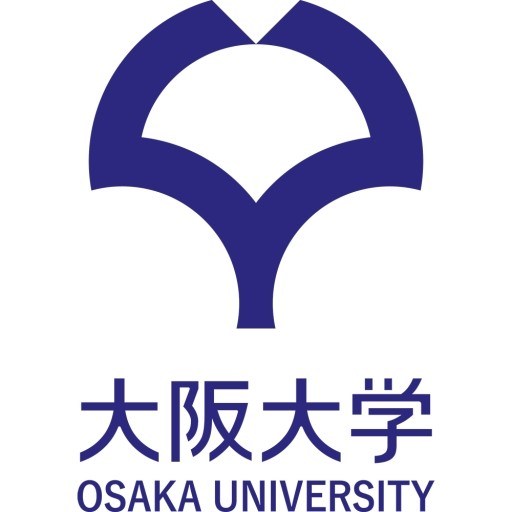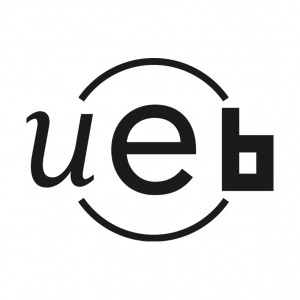Photos of university / #umeauniversitet
Advertisement
In less than fifty years Umeå University (UmU) has managed to become one of the largest and leading universities in Sweden. In the QS50 ranking of universities younger than 50 years UmU is placed number thirty in the world and international students recently ranked UmU as number one in Sweden in overall satisfaction. The Department of Physics is a good example of high quality in both education and research and we have received extra financial support for several young and promising researchers. The study atmosphere at the department is very international and interested students have good opportunities to locate some part of their studies to another country.
The MSc programme is a two-year programme offered solely in English. It gives you the possibility to acquire wider and deeper knowledge and abilities within one or several sub-areas of physics and is fully adapted to the Bologna structure of higher education in Europe. The programme offers you freedom to choose according to your own interests and ambitions. For courses offered in English, see the link Courses under Programme Menu on the left. Some recommended profiles within the programme are:
* Computational Physics
* Nanotechnology/Condensed Matter Physics
* Theoretical Physics
* Photonics and Advanced Materials
* Quantum Mechanics/Quantum Technique
* Space Physics
See the link Profiles on the left for more information about these specializations.
The programme is finished off with an individual (at least) 30 ECTS credits project, presented in the form of a written Masters thesis. The project is an independent work done under supervision of an active researcher. The project can be chosen from among any of the current fields of research at the department: Condensed Matter Physics, Organic Electronics, Nanophysics, Photonics, Optical/Laser Physics, Biological Physics, Plasma Physics, Quantum Plasmas, Flame Dynamics, General Relativity, Statistical Physics, Quantum Physics, Computational Physics, Complex Networks, Space Physics and Physics Education. It is also possible to do the Masters project outside the department, in for example a company or a university, also in another country.
The study programme includes an (at least) one-semester diploma work, performed independently by the student but under guidance of a supervisor, that should result in a written Master's thesis. The project should be within the field of physics and can be experimental, theoretical, or encompass both, and can be performed within any of the research groups at the department of physics. The current fields of research at the department are: Condensed Matter Physics, Nanophysics, Optical Physics, Organic Electronics, Laser Cooling and Trapping, Photonics, Plasma Physics, Flame Dynamics, General Relativity, Statistical Physics, Quantum Physics, Computational Physics, Complex Networks and Space Physics. It is also possible to carry out the Master's thesis project outside the Department of Physics, for example in a company or an institute, in or outside Sweden.
The Swedish academic year is divided into two semesters, the fall semester from late August to mid-January and the spring semester from mid-January to early June. One semester of full-time studies corresponds to 30 ECTS credits. Each semester is further divided into two halves, two "study periods". You usually study and finish two courses per study period.
Want to improve your English level for admission?
Prepare for the program requirements with English Online by the British Council.
- ✔️ Flexible study schedule
- ✔️ Experienced teachers
- ✔️ Certificate upon completion
📘 Recommended for students with an IELTS level of 6.0 or below.











